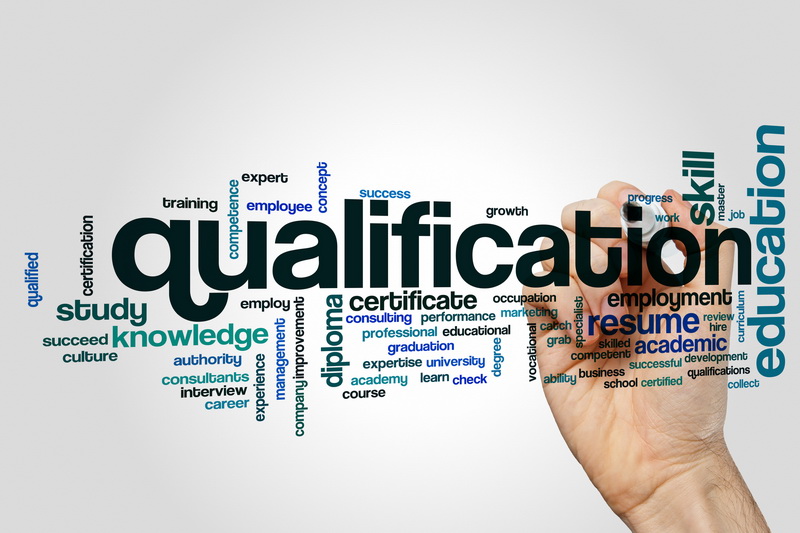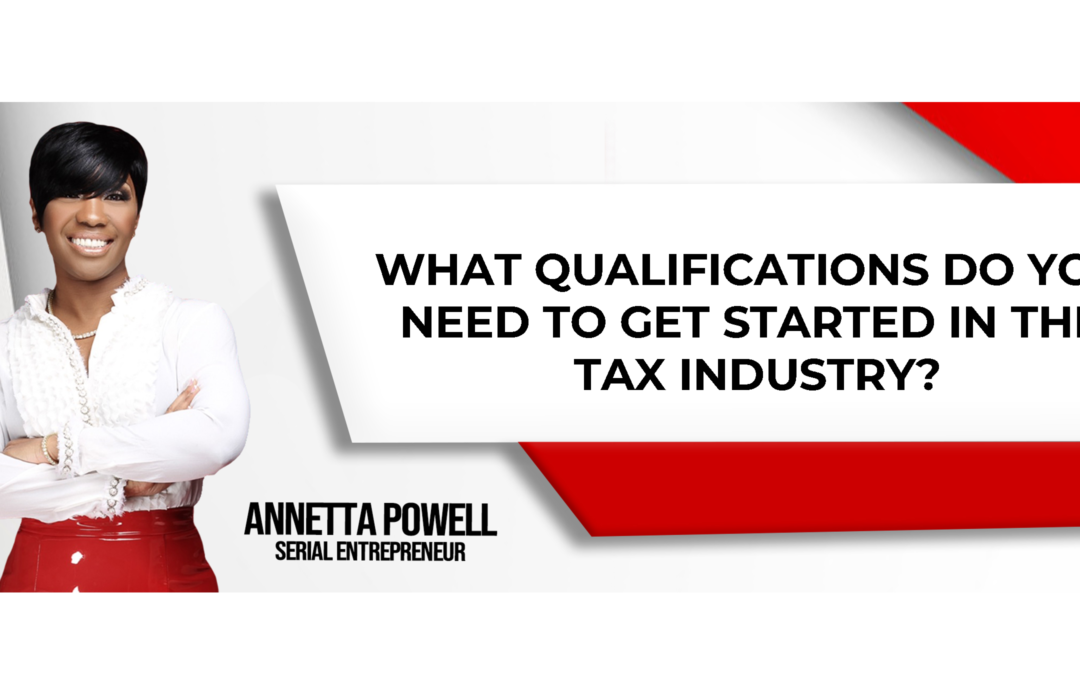Getting started in the tax industry is easier than any other, thanks to the minimal barriers to entry. That can explain the sudden growth in this particular career field, which is expected to grow by 2.9% through 2026, making it an even better time to get started here.
What you honestly need isn’t specific qualifications but more skills to excel in this industry. And the best part about that is that skills can be learned by anyone. Here’s a starter guide for how to begin your tax preparation business journey.

Education
While there are a few companies that require at least a high school diploma, some don’t even ask for that. You can even get started after doing courses in tax preparation or accounting. Those looking for experienced tax preparers, however, may need a bachelor’s degree in accounting or business. A bachelor’s degree can take around four years to complete, and a major in finance or accounting can help you in this choice of career.
Internship
In order to gain some experience in this industry, it can be sensible to look for internships at tax accounting firms. That will help you get first-hand experience into the kind of work you’d be doing. It would also increase your chances of finding landing a better job and would separate you from the rest of the tax preparer crowd. Given that you perform well at an internship, it may even extend to a full-time job, making it easier for you to slide into corporate life.
Training
While a lot of companies do offer their own set of training to their employees, it’s better to do a few tax preparation courses on your own before you join. Getting prior knowledge of the accounting skills needed as well as tax laws may give you the edge you need to get selected for the job you want. Organizations that provide high school graduates with the desired training are the following:
- The Accreditation Council for Accountancy and Taxation (ACAT)
- The National Association of Tax Professionals (NATP)
Certification
It is required to get your credentials in order before you start. This is needed for the clients to trust your work and know that you’re qualified enough to handle what they need. There are a few routes every person entering the tax industry can take, and it will dictate the kind of credentials you may need. For instance,
Become an Enrolled Agent
Becoming an Enrolled Agent, who as tax specialists need to get their certification through the IRS. The IRS provides them with unlimited practice rights. One way of becoming an enrolled agent is by working with the IRS for at least five years interpreting the tax code. The second option is giving the Special Enrollment Exam and passing a background check.
Become a Certified Public Accountant (CPA)
Studying to become a Certified Public Accountant (CPA), in order for which one has to pass the uniform certification test. The criteria for becoming a CPA can vary according to what state you wish to practice in. And if you are able to successfully clear the test and become a CPA, you need to complete continuing professional education or CPE credits each year to keep your certification.
Become a Tax Attorney
Choosing to be a tax attorney, which requires a law degree and passing the bar exam. A tax attorney is a legal professional who specializes in the legal aspects of tax preparation. They must also have extensive knowledge of the federal tax code and other tax laws.
Other Ways To Break Into The Tax Industry
With that said, an individual can also get started in the tax industry without any certifications. According to the current legislation, an official license or title to prepare taxes is not necessarily required. Someone who has the willingness to work can learn the skills needed and excel just as well with the right dedication and hard work.
In order to get paid in this industry, however, you do need to get a Preparers Tax Identification Number (PTIN) from the IRS. And depending on the state you’re practicing in, there may be a few extra qualifications, so you must check for that.
Ready To Get Started? Annetta Powell Can Help!
In summary, entering into the tax industry can be quite easy, and the prerequisite qualifications can vary. You can start with a lot of certifications or none at all. Like every other industry, however, the success of your career will only depend on the amount of hard work and effort you put in. When you’re ready to learn more, contact the team at Annetta Powell; we the experience and know-how when it comes to taking your tax career to the next level.


Recent Comments